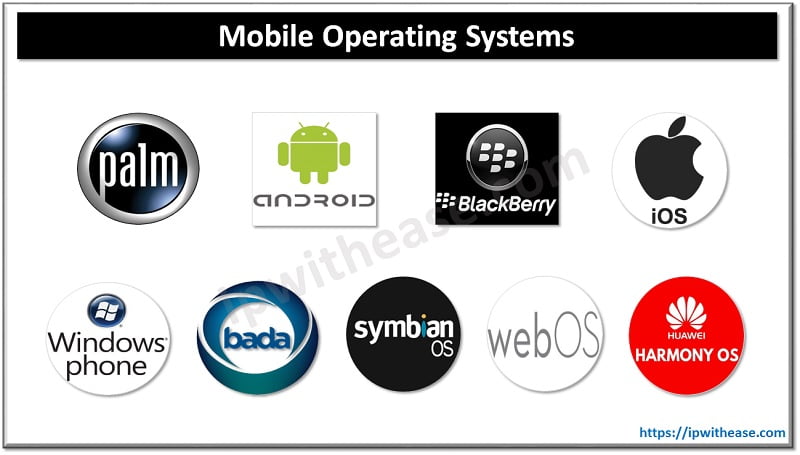The most underrated people of the digital world are often known as software engineers. They are often some of those people that do not get enough recognition.
If one does not have enough knowledge, the work of these coders can often seem extremely stressful. That is far from the truth. In the current day and age, the task to enter software engineering and pierce the field has become easier than forever. Imagine, a person with no prior understanding of coding or software can also make it big in this industry.
The only things necessary to make it big in this field of work is to have the right kind of ambition, hard work, foresight, and adaptability. Though the process may seem tiring, the rewards are truly worth every ounce of your efforts.

Tips to Become a Software Engineer
This is how you too can become a software engineer in 2024.
1.Chart a Career Path
It is very important that you have a trajectory set out in your mind as to how you want your career to shape. For example, if you want to have the right kind of coding skills, which can again be transferable, it is imperative that you have it clear in your mind. One also needs to be able to successfully differentiate between the variety of coding applications and skillsets available in the market.
2.Choosing an Education
As the saying goes, learning can come from any path, to become a software engineer, you can opt either from boot camps, college training, or self-directed learning. Based on your learning abilities and your lifestyle situation, you can choose from either of those.
Coding Bootcamp
Through a coding boot camp, you are literally job-ready. This is because, through a Bootcamp, you get access to an accelerated curriculum. If you learn from scratch, there is a high possibility that it would take a long time. But through the Bootcamp, you become job-ready in a short time if you are okay with putting in the time, hard work, and dedication.
College education
The most popular method of learning software engineering is through colleges. In recent research, it was found that more than 75% of the developers have had their bachelor’s degree or equivalent.
Self-directed learning
For those who prefer less formal academic options, learners can pick up necessary coding skills via free educational websites like Khan Academy and freeCodeCamp. They are cost-effective and are designed to suit self-guided instruction and scheduling. Eventually making them highly personalized by default.
3.Gaining Experience
Aspiring engineers will want hands-on experience through volunteering, projects, internships, and other work opportunities. Practicing coding skills outside of the classroom will allow engineers to improve their professional portfolios.
4.Getting Certified
Certificates are extremely valuable in today’s professional scenario. They quickly confirm your experience to employers seeking top-level candidates. Being certified may help you rise above other applicants.
5.Building Your Portfolio
A portfolio is often the first impression job recruiters have of you. Showcase your past projects. They can convey your versatility and general know-how as a work-ready software engineer.
6.Applying For Jobs
Post-training, certification, internship, and other preparatory aspects are done, it is necessary that you start applying for jobs. This is because you can start charting out your career flow and find out what the field of software engineering truly holds for you.
Continue Reading:
Top Tips to become better Python Programmer
Top 100+ JNCIA Junos Interview Questions
ABOUT THE AUTHOR
IPwithease is aimed at sharing knowledge across varied domains like Network, Security, Virtualization, Software, Wireless, etc.



